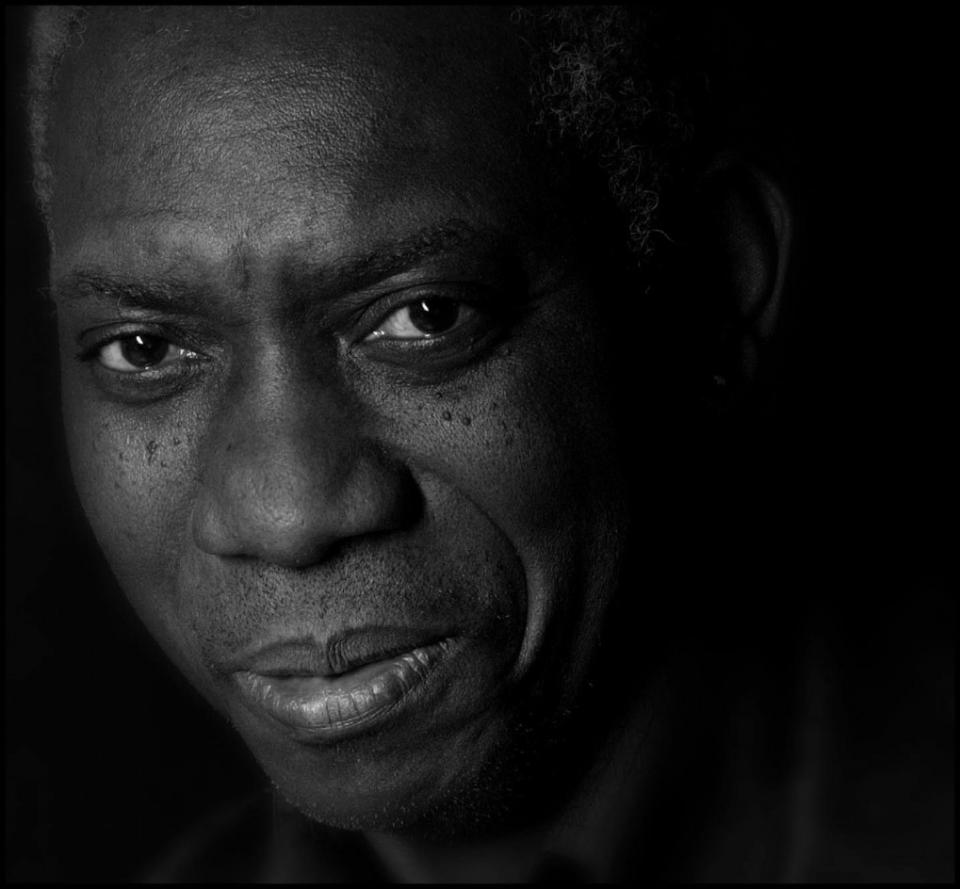War, Not-War, and Peace: 'Neon Vernacular' by Yusef Komunyakka

Too often, ‘peace’ is simply the absence of active war. Ours is a country – and culture – forged in a crucible of war and conquest. What defines much of our national character is aggression, both its light and dark sides. The five Pulitzer Prize recognized books selected for this series are:
The Things They Carried by Tim O’Brien, 1991 Fiction finalist
Empire of the Summer Moon by S. C. Gwynne, 2011 General Nonfiction finalist
Maus by Art Spiegelman, 1992 Special Citation winner
Neon Vernacular by Yusef Komunyakaa, 1994 Poetry winner
All the Light We Cannot See by Anthony Doerr, 2015 Fiction winner
These choices reflect not only the requisite scholarship, but a deep commitment to presenting Pulitzer winners detailing both the active elements of war – seen clearly in Neon Vernacular, Maus, and Things – as well as the long-lived legacies of war, in those periods optimistically called ‘peace.’ The fragmented peace/non-war axis is evident in all five of the texts, which span a history beginning with the Indian Wars (Empire), move to WWII (Maus and All the Light) and the Vietnam War (Things and Neon Vernacular), and culminate in contemporary time. Given the parameters of the Pulitzer grant, perspectives are as broad as possible: characters are black, white, mixed race, Indian. Male and female, blind and sighted. German, Jewish, French, American, Comanche. Even genres have been examined to undercut the idea of the Pulitzers as awards for only certain kinds of texts: fiction, non-fiction, history, biography, poetry. The result is a prism through which war and peace are refracted in multiple colors, a vivid palette of war, not-war, and peace.
On November 8, Bill Hagen, Ph.D. will present on Neon Vernacular. Like Light and Maus, Neon Vernacular – with Things, arguably the most traditionally ‘male’ of the five texts – offers readers women who make important contributions within the text. In “Changes; or, Reveries…” Komunyakaa replicates a conversation between two women discussing their lives, partnering the dialogue with a ‘reverie’ ostensibly focused on music, but – like the talk of the two women – about long-ago trauma: ‘a man can hurt for years/before words flow into a pattern…’ (Neon Vernacular 9). The women’s talk touches only lightly on war: ‘The man went off to war/ and got one of his legs/ Shot off and she wanted/ To divorce him for that’ (ibid). But the war is still there, years after combat, and Komunyakaa uses everyday language and the interaction of two women to underscore its impact on the years and secondary victims that follow.
Komunyakaa’s ongoing use of the Vietnam War as a metaphor for his life is already established by the publication of the first poem in Neon Vernacular, in 1977. The collection’s ultimate publication in 1993 confirms the resonance of war for the author – as much an element of his life, one assumes – as it is of his work.
More in this series:
Aug. 30, 6:30 p.m.
The Things They Carried by Tim O’Brien
Presenter: Ken Hada, Ph.D.
Sept. 20, 6:30 p.m.
Empire of the Summer Moon by S. C. Gwynne
Presenter: Rex Morrell, Ph.D.
Oct. 18, 6:30 p.m.
Maus by Art Spiegelman
Presenter: Robert Greenstreet, Ph.D.
Nov. 8, 6:30 p.m.
Neon Vernacular by Yusef Komunyakka
Presenter: Bill Hagen, Ph.D.
Dec. 6, 6:30 p.m.
All the Light We Cannot See by Anthony Doerr
Presenter: Glenn Melancon, Ph.D.
